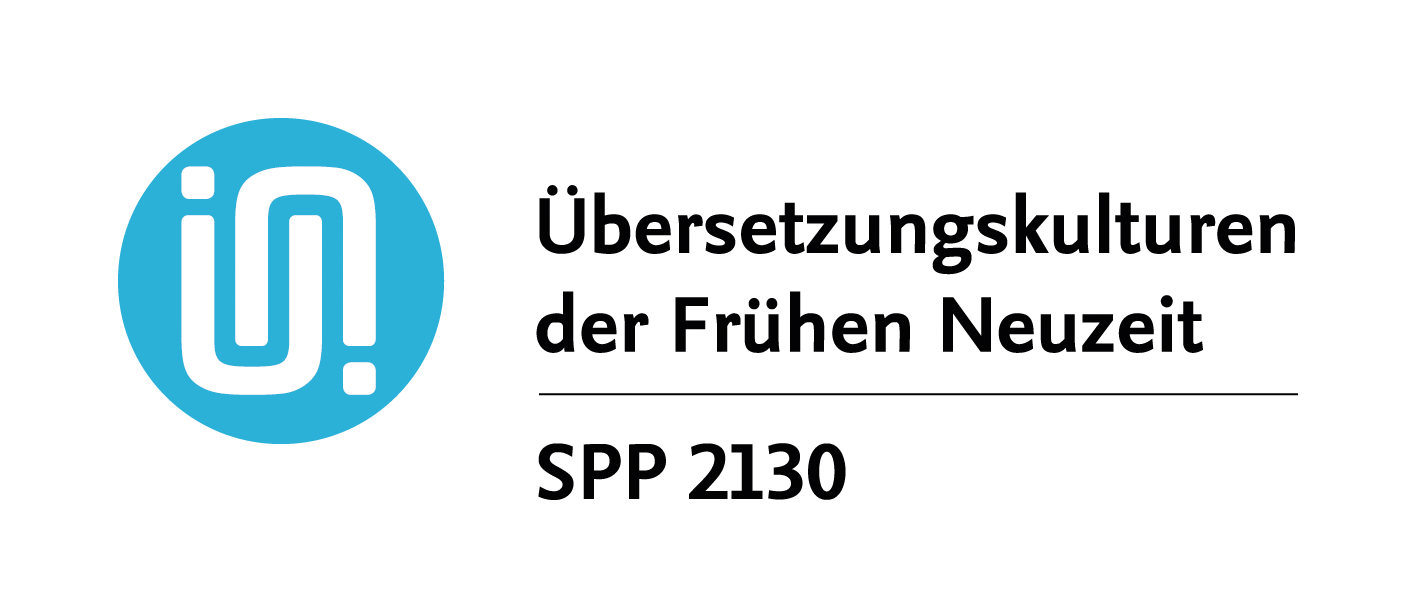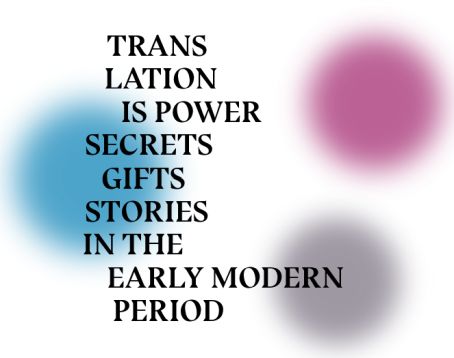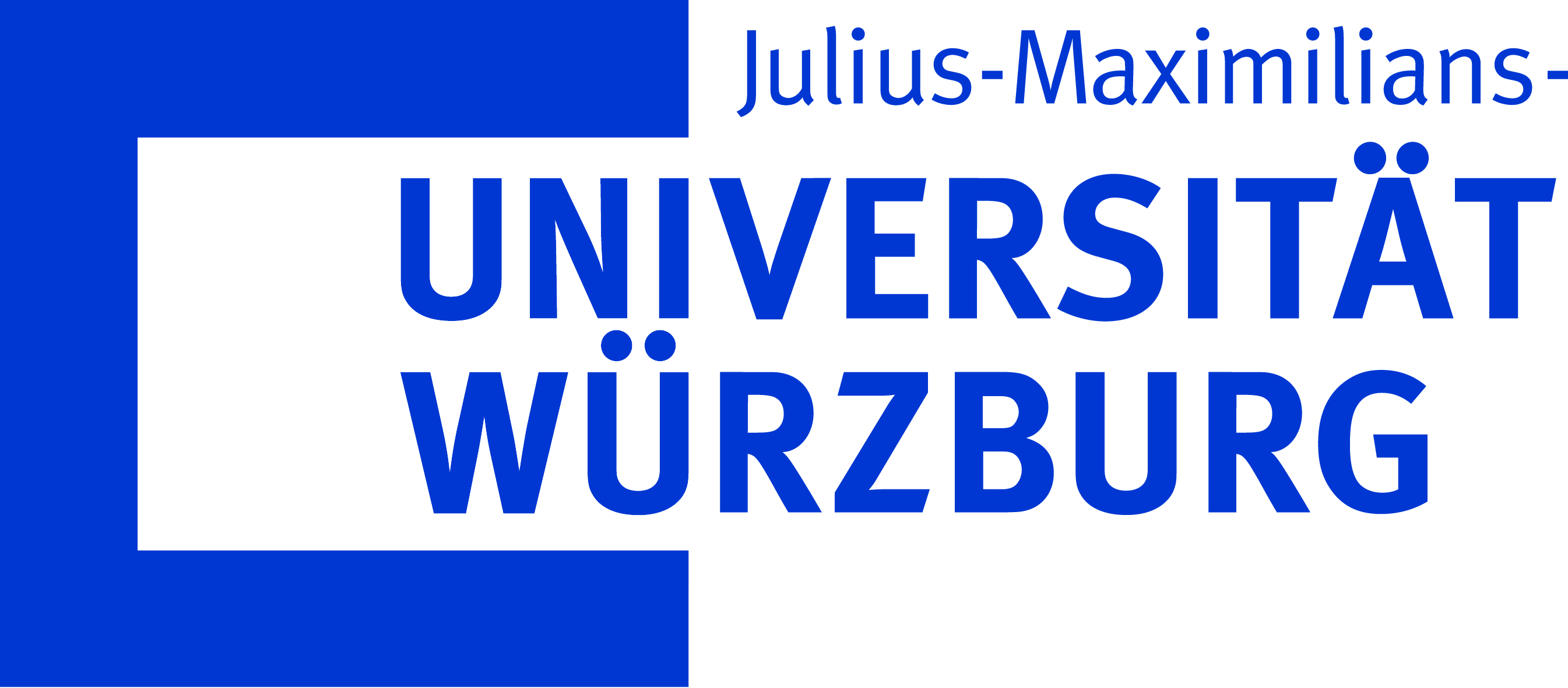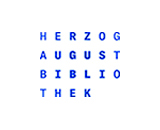Calender
-
Tue27Aug2024Wed28Aug2024Frankfurt a.M.
SPP 2130 Mercator Fellow Iris Idelson-Shein is offering a two-day workshop (with arrival and get-together on the evening of 26 August), for which interested parties are cordially invited to register with Avi Siluk (Siluk@em.uni-frankfurt.de) by 30 June 2024. [read more…]
-
Wed11Sep2024Fri13Sep2024HAB Wolfenbüttel
Sixth annual conference of SPP 2130 For six years now, the Priority Programme 2130 launched by the German Research Foundation in 2018 has been inquiring into general social principles, perception patterns, and communication forms established by translation practices from approximately the mid-fifteenth century onwards and still of definitive significance today. [read more…]
-
Fri20Sep2024Sat21Sep2024Tübingen
An international workshop will be held from September 20 to 21 at the Classics Department of Eberhard Karls University, based on the collaboration of the SPP project Versio latina and Prof. Stefan Elit (Department for German Studies and Comparative Literature Studies, Paderborn). [read more…]




